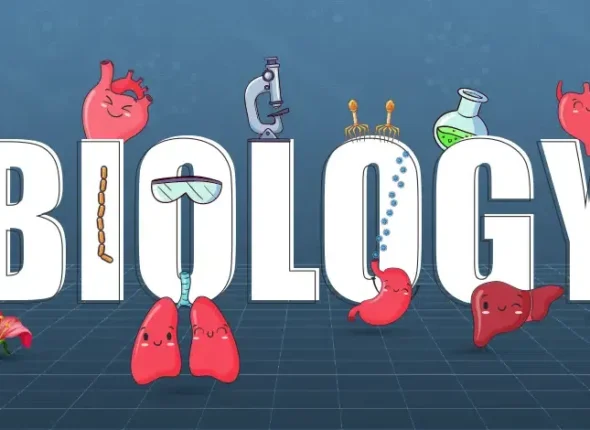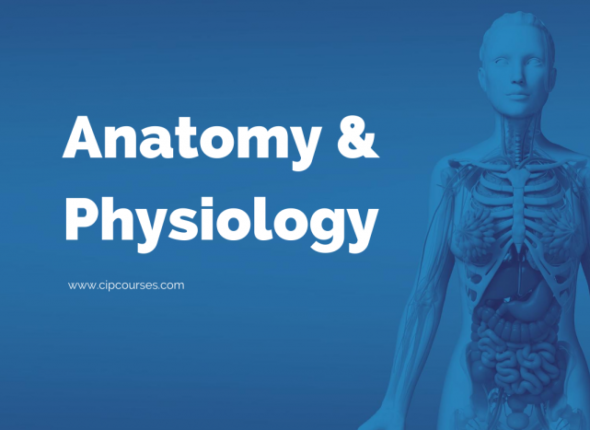Basic Engineering applies engineering principles to medicine and biology to develop technologies and devices that improve healthcare.
Key Areas:
- Medical Devices: Design and creation of devices like pacemakers, MRI machines, and prosthetics.
- Biomaterials: Developing materials for use in medical implants, such as artificial joints or heart valves.
- Tissue Engineering: Creating artificial organs and tissues to replace damaged ones.
- Biomedical Imaging: Developing technologies for visualizing the inside of the body, like X-rays or MRIs.
Applications:
- Healthcare: Improving diagnostics, treatment, and patient care.
- Research: Advancing our understanding of diseases and developing new treatments.
- Technology Development: Creating new medical devices and technologies to improve patient outcomes.
Education and Careers:
- Biomedical Science: Typically involves a degree in biology, biochemistry, or a related field. Careers might include research, laboratory work, or clinical roles.
- Biomedical Engineering: Usually requires a degree in engineering with a focus on biology and medicine. Careers can involve designing medical devices, working in healthcare technology, or research and development.



